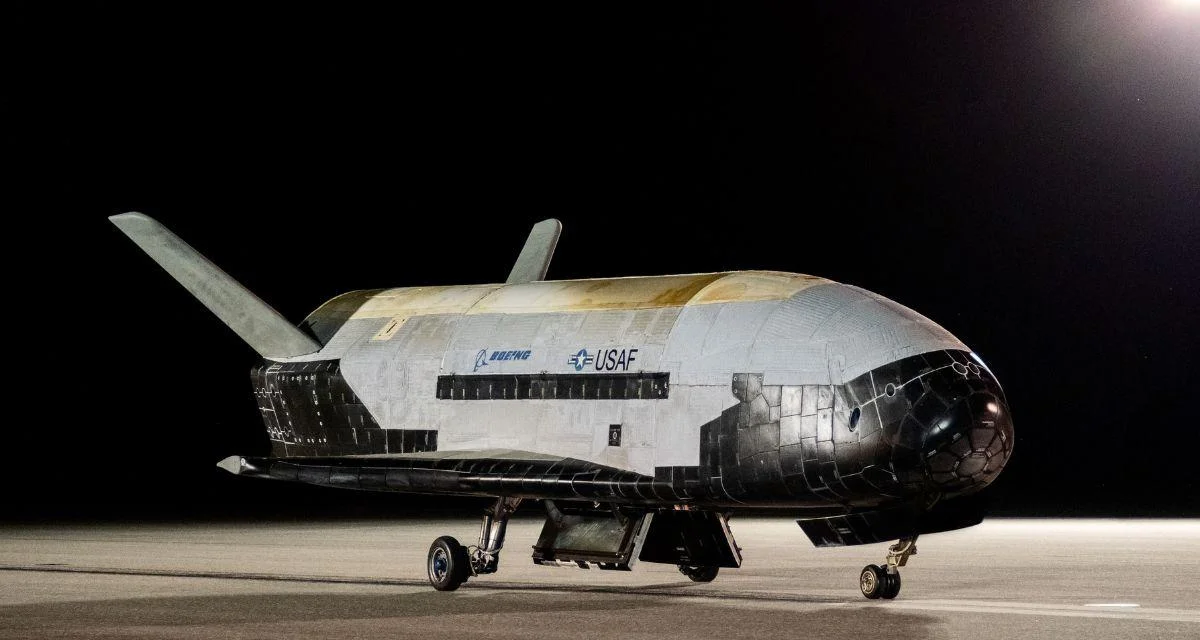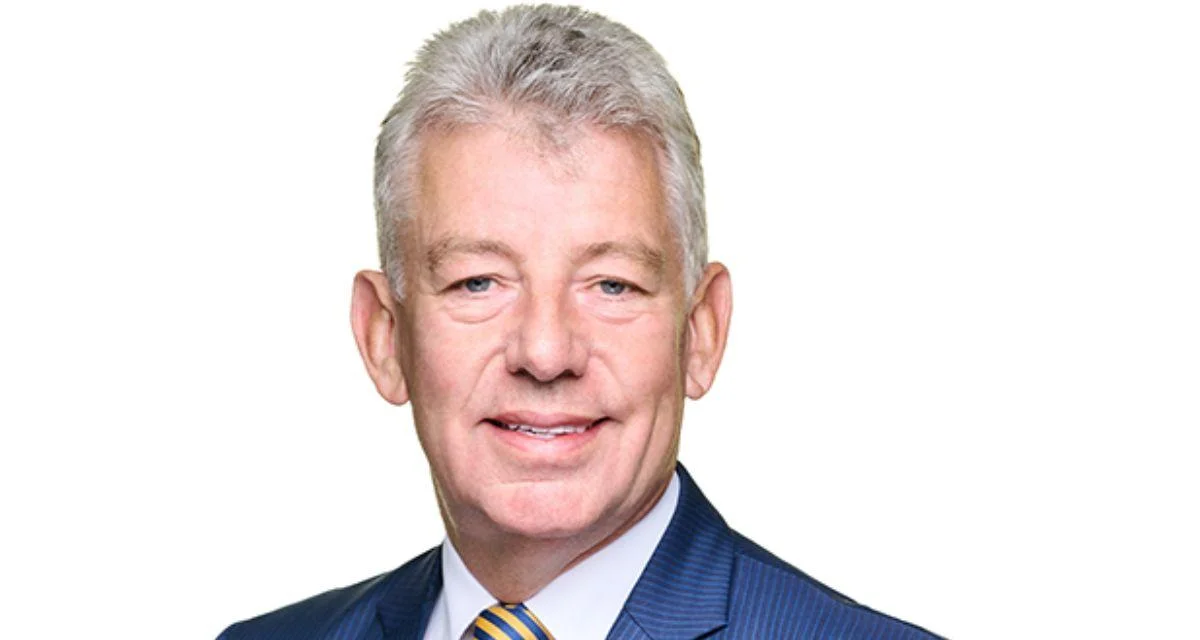A recent study from Chalmers reveals that hydrogen-powered flights have the potential to meet the needs of 97 percent of all intra-Nordic flight routes and 58 percent of Nordic passenger volume by 2045. For this study, researchers assumed a maximum flight distance of 750 miles and utilized an existing aircraft model adapted for hydrogen power. The study, led by doctoral student Christian Svensson in Tomas Grönstedt's research group, also introduced a new fuel tank that is both insulated enough to hold super-cold liquid hydrogen and lighter than current fossil-based fuel tank systems.
Heat exchangers play a crucial role in hydrogen aviation technology advancements. To keep fuel systems lightweight, hydrogen must remain in liquid form at around -250 degrees Celsius. By recovering heat from jet engine exhausts and strategically cooling engine parts, efficiency is improved. Researchers at Chalmers have been developing a new type of heat exchanger to transfer heat between supercool hydrogen and engines effectively. This technology, patent-pending by partner GKN Aerospace, leverages hydrogen's low storage temperature to cool engine parts while using waste heat from exhaust gases to preheat fuel before combustion.
"Every degree increase in temperature reduces fuel consumption and increases range. We were able to show that short- and medium-haul aircraft equipped with the new heat exchanger could reduce their fuel consumption by almost eight percent," says Carlos Xisto, Associate Professor at the Division of Fluid Mechanics at Chalmers and one of the study's authors.
Researchers suggest that further optimization could allow this heat exchanger technology to improve range by up to ten percent on regular Airbus A320 commercial aircraft.
Sweden is making significant investments despite challenges such as large financial requirements and infrastructure development needed for producing, transporting, and storing hydrogen for aviation purposes. The Swedish Hydrogen Development Centre (SHDC) unites key players from industry leaders to academic experts to advance these goals. At a recent SHDC seminar, several companies confirmed major investments in upcoming years.
"There are industry expectations that 30–40 percent of global aviation will be powered by hydrogen by 2050," says Tomas Grönstedt. "It is likely that for several years we will need a mix of aircraft running on electricity, less environmentally harmful e-jet fuel, and hydrogen."
Within TechForH2 there are favorable conditions to address these challenges with a budget equivalent to USD 15.5 million dedicated to various research areas linking hydrogen with heavy transport.
___
 Alerts Sign-up
Alerts Sign-up







